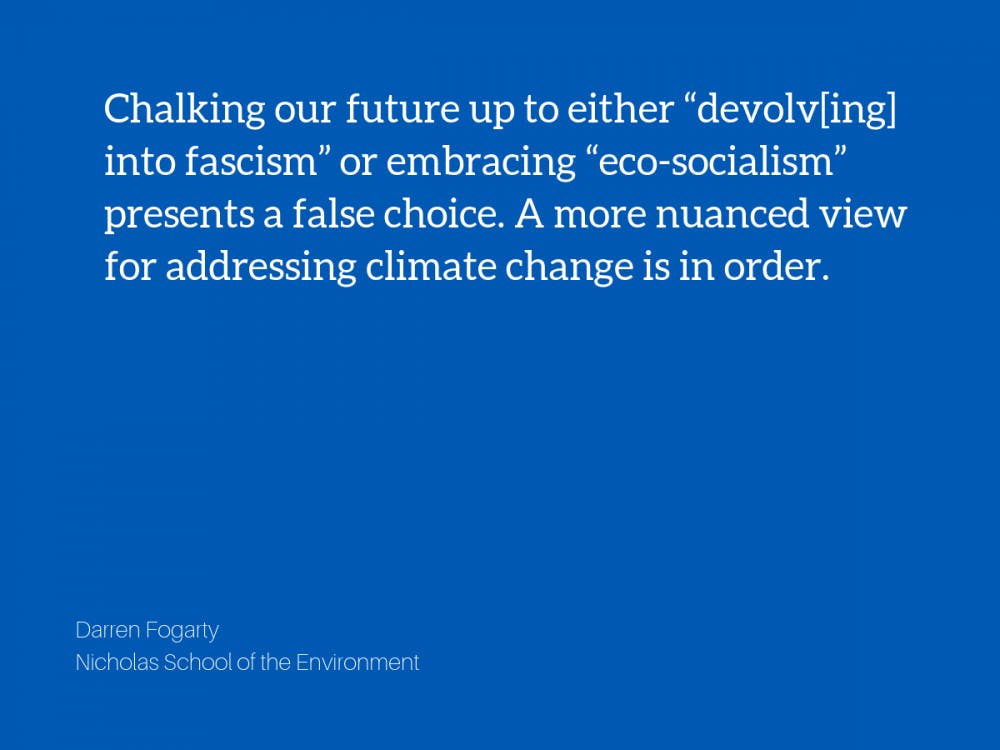You rightly point out the tragedy of Indigenous people (particularly those in Oceania) suffering the brunt of our climate catastrophe. It is important for the Global North to recognize the costs of climate change are, to put it mildly, unevenly distributed. Even more important is that the world grapple honestly and intensely with these ethical issues.
But I have a bone to pick with the all-or-nothing mentality toward environmentalism, not least because of the tacit implication that underpins all calls for revolution—that incremental progress is so impotent as to be meaningless, and that we have little to preserve of what came before. Chalking our future up to either “devolv[ing] into fascism” or embracing “eco-socialism” presents a false choice. A more nuanced view for addressing climate change is in order.
Fossil-fuels are directly responsible for improved quality of life for billions of people. That is why the developing world aggressively pursues them. Energy use is highly correlated with access to education, healthcare, advancement of women in society, and many other positive HDI indicators. Reliance on fossil-fuels to achieve that is not a capitalist conspiracy; it’s because fossil-fuels are affordable for people living on two dollars a day and, more importantly, are reliable under strenuous conditions. As unacceptable as the energy cut-off in Brooklyn was, outages would be far more common and widespread if we relied solely on renewables. Advancements in technology, fueled by capitalization, are needed to address these inconvenient problems of affordability and intermittency.
Further, it is disingenuous to decry what’s happening in Brazil as a consequence of Capitalism without acknowledging that Costa Rica has successfully used free-market principles to replenish its rainforests and revitalize its economy. Latin America is a prime example of unbridled exploitation of indigenous people. Yet the socioeconomic and environmental conditions of its countries are a pastiche—not a unilateral reality.
Peering into the abyss of climate change is humbling and overwhelming. It’s the kind of exercise that makes you want to arm yourself with as many tools as possible. Hacking away and setting fire to the free-market as if it were Amazonia is not the right answer.
Darren Fogarty is a second-year MEM student at the Nicholas School of the Environment studying environmental economics and policy.
Get The Chronicle straight to your inbox
Signup for our weekly newsletter. Cancel at any time.

